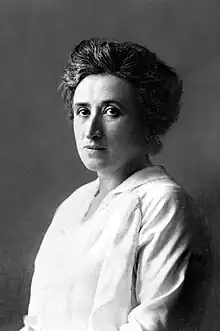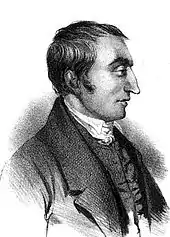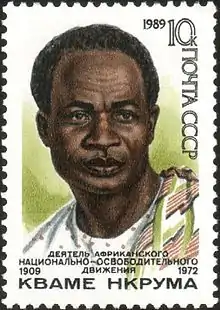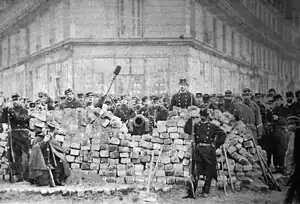The Socialism portal Socialist parties and ideas remain a political force with varying degrees of power and influence on all continents, heading national governments in many countries around the world. Socialist politics have been both internationalist and nationalist; organised through political parties and opposed to party politics; at times overlapping with trade unions and at other times independent and critical of them, and present in both industrialised and developing nations. The socialist political movement includes a set of political philosophies that originated in the revolutionary movements of the mid-to-late 18th century and out of concern for the social problems that socialists associated with capitalism. By the late 19th century, after the work of Karl Marx and his collaborator Friedrich Engels, socialism had come to signify anti-capitalism and advocacy for a post-capitalist system based on some form of social ownership of the means of production. By the early 1920s, communism and social democracy had become the two dominant political tendencies within the international socialist movement, with socialism itself becoming the most influential secular movement of the 20th century. Many socialists also adopted the causes of other social movements, such as feminism, environmentalism, and progressivism. (Full article...) Selected articleLiberal socialism is a socialist political philosophy that incorporates liberal principles. Liberal socialism does not have the goal of completely abolishing capitalism and replacing it with socialism; instead, it supports a mixed economy that includes both private property and social ownership in capital goods. Although liberal socialism unequivocally favors a mixed market economy, it identifies legalistic and artificial monopolies to be the fault of capitalism and opposes an entirely unregulated economy. It considers both liberty and equality to be compatible and mutually dependent on each other. Principles that can be described as "liberal socialist" are based on the works of philosophers such as Mill, Bernstein, Dewey, Rosselli, Bobbio, Mouffe and Polanyi. Other important liberal socialist figures include Guido Calogero, Gobetti, Hobhouse, Keynes, and Tawney. To Karl Polanyi, liberal socialism's goal was overcoming exploitative aspects of capitalism by expropriation of landlords and opening to all the opportunity to own land. Liberal socialism has been particularly prominent in British and Italian politics. Liberal socialist's seminal ideas can be traced to John Stuart Mill. Mill theorised that capitalist societies should experience a gradual process of socialisation through worker-controlled enterprises, coexisting with private enterprises. Mill rejected centralised models of socialism, that could discourage competition and creativity, but argued that representation is essential in a free government and democracy could not subsist if economic opportunities were not well distributed, therefore conceiving democracy not just as form of representative government, but as an entire social organisation.
Selected biography - General imagesThe following are images from various socialism-related articles on Wikipedia.
Did you know (auto-generated) -
Related portalsTopicsSubcategoriesCategory puzzle Want to find an article related to socialism? Try browsing through any of the main categories below:
Select [►] to view subcategories
Socialism Socialist states Socialists Socialism by continent Socialism by country Socialism templates Criticism of socialism Economic planning Hard currency shops in socialist countries History of socialism Imperialism studies Marxian economics Proletariat Recovered factories Socialism and LGBT topics Socialism stubs Socialism-related lists Socialist calculation Socialist education Socialist law Socialist organizations Socialist planned cities Socialist symbols Socialist works Socialist songs State ownership Types of socialism Works about socialism Selected quotation
Participate!Everyone is welcome to participate in WikiProject Socialism, where editors collaborate to improve all aspects related to socialism on Wikipedia. Associated WikimediaThe following Wikimedia Foundation sister projects provide more on this subject:
Discover Wikipedia using portals
| ||||||
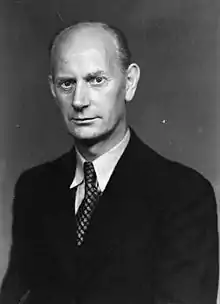


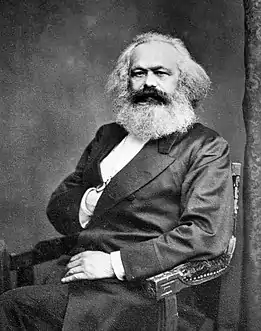
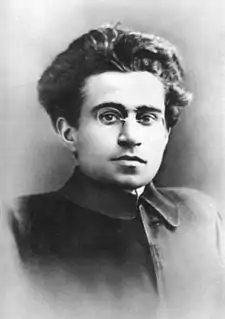
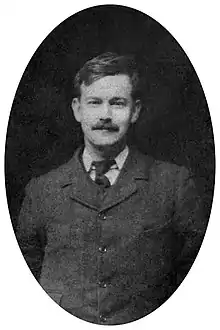
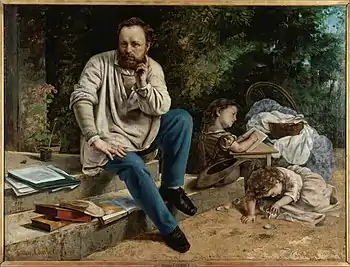
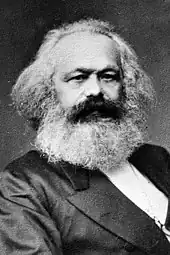
.jpg.webp)
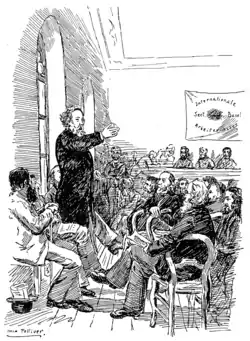
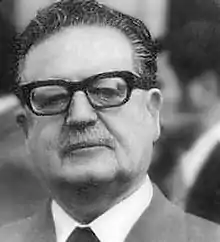
_met_Olof_Palme_(links)%252C_Bestanddeelnr_931-8203_(cropped)_(2).jpg.webp)
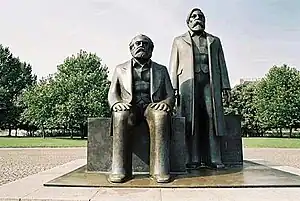
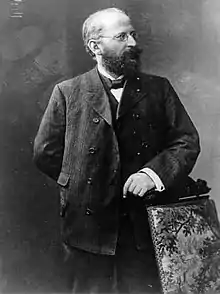
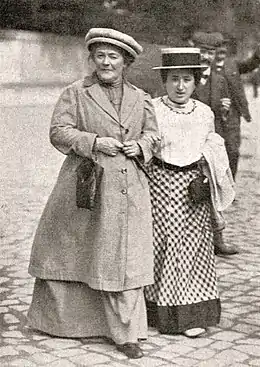

.jpg.webp)

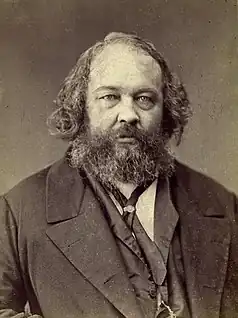
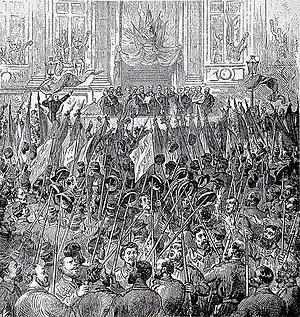

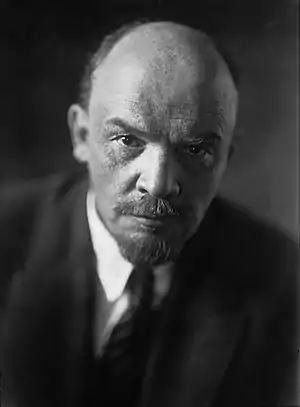
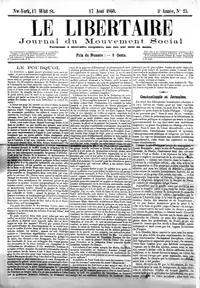
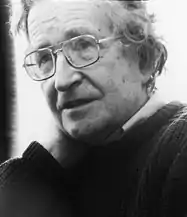
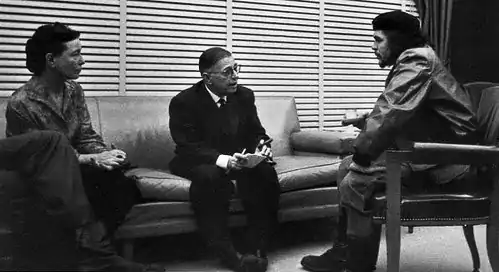
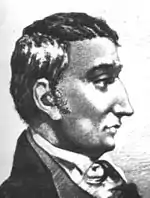
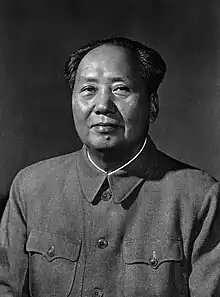
.jpg.webp)
_-_Edward_Carpenter.jpg.webp)
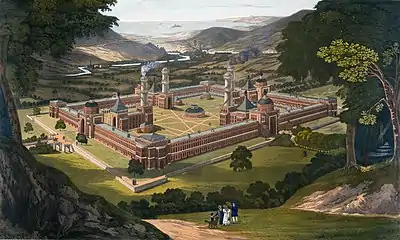
.jpg.webp)
